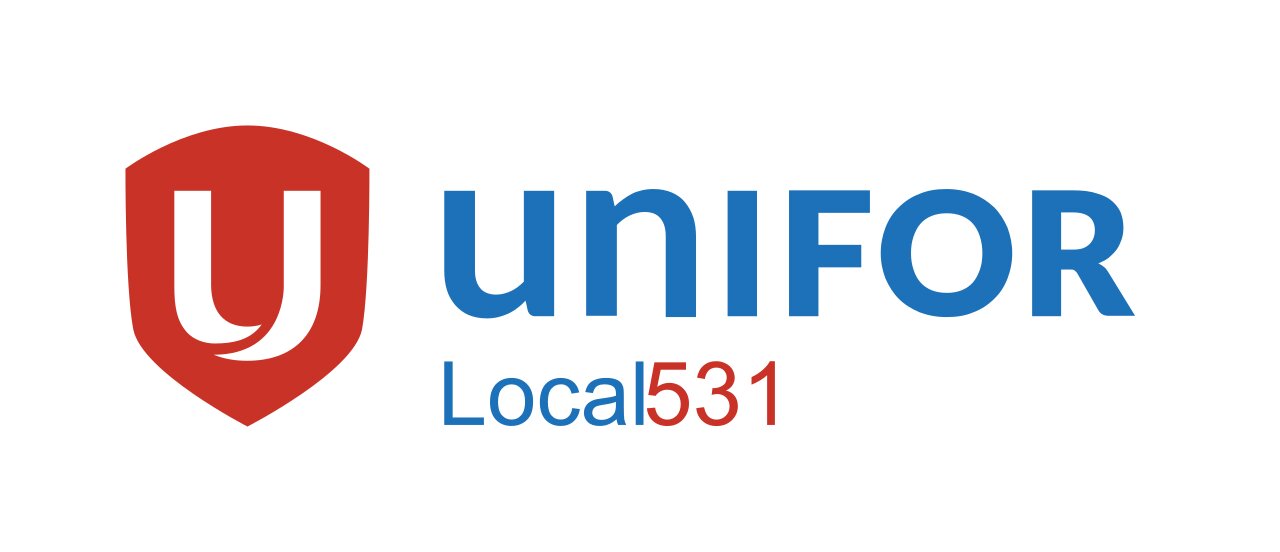Share
Each month, your union works hard to protect your rights, uphold the Collective Agreement, and ensure fair treatment in the workplace. If you believe your rights under the Collective Agreement, Canada Labour Code or the Canadian Human Rights Act have been violated, reach out to your local rep by clicking on this link and navigating to your base listed on the left hand side. Here’s a snapshot of our grievance activity for the month of May.
- Step 1 Grievances Filed
- Article 28 - Union Release Time (1)
- Article 17 - Discipline and Discharge (6)
- Article 9 - Scheduling (1)
- Article 4 - Union Recognition (1)
- Step 2 Grievances Filed
- Article 17 - Discipline and Discharge (2)
- Grievances Resolved Informally (Pre-Step 1)
- Article 9 - Scheduling (1)
- Active Grievances Proceeding to Arbitration: 3 (filed in 2024)
- Grievances Won:
- 1 at early resolution (see details below)
- 1 reminder to Managers about Union Recognition / Scope Work (see details below)
- Awaiting Outcomes: 5
Common Themes
- Probationary Failures: While the employer has the exclusive right to discipline or terminated a probationary employee under Article 10-1.03 of the Collective Agreement, that right isn’t without limits. The union may challenge a probationary termination if there is evidence the decision was made arbitrarily, discriminatorily, or in bad faith—the only three grounds on which an arbitrator has jurisdiction during the probationary period. It’s important to understand that the burden of proof lies with the union. We must demonstrate that the company’s decision meets one of these three thresholds. Almost always, probationary terminations are based on issues related to reliability or technical performance, which are assessed closely during the probationary period. The union may choose to challenge a probationary failure to safeguard fairness, even when the odds aren't in our favour.
- Procedure and Process Failures: Even when the outcome of a situation seems minor, the process matters especially when it comes to our members rights in the CBA. When the company fails to follow the procedures outlined in the CBA, the union will file a grievance to protect the integrity of the agreement and the rights of all members.
- Union Recognition and Scope Work: Both Union Recognition and Scope Work are cornerstones of any union's CBA. Union Recognition means the company formally acknowledges the union as the exclusive bargaining agent for specific members in YVR, YYC, and YYZ. Scope of work defines the specific duties, roles, and job classifications covered by the union contract. It spells out what work belongs to our union members, which is vital for protecting job security, preventing outsourcing, and ensuring fair compensation. For example, Customer Service Agents at the airport, are responsible for guest check-in, gate boarding, and assisting with delayed flights which is all covered in our CBA. However, if the company were to allow management staff or a third-party contractor to perform gate boarding during busy periods or disruptions this would be a violation of our rights in the CBA. Not only does that take work away from union members, it weakens our bargaining unit, undermines our job security, and could lead to fewer hours or opportunities for advancement.
Successes to Celebrate
We’re proud to report that the Step 1 Policy Grievance we filed for a scheduling violation in YVR was able to resolved prior to the grievance hearing being held. YVR managers misinterpreted Article 7-2 Meeting Pay, scheduling members only three (3) hours for iPad training despite Article 9-2.08 states that shifts will be scheduled for a minimum of four (4) hours. Members who were only scheduled 3 hours, received 4 hours of pay as resolution.
Challenges We’re Tackling
One of the most persistent and difficult issues facing our union right now involves discipline and probationary failures related to reliability. The most important responsibility we all have as employees of a company that is based on timeliness, is our own personal reliability and showing up to work on time. It's one of the few things in the workplace that is completely within our control and how well the union can support you when issues arise. The company takes reliability seriously. Late swipes (even by 1 minute), no-shows, excessive sick days, not being in position and patterns of absences around holidays or weekends are all closely monitored. These situations can lead to discipline, and unless there are clear, documented special circumstances, it becomes very difficult for the union to defend. If you’re finding it hard to get to work on time or struggling with reliability, please reach out to your union reps. We’re here to listen, support, and help find solutions before things escalate.

